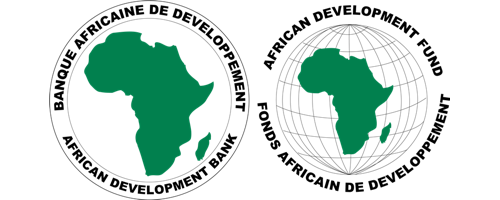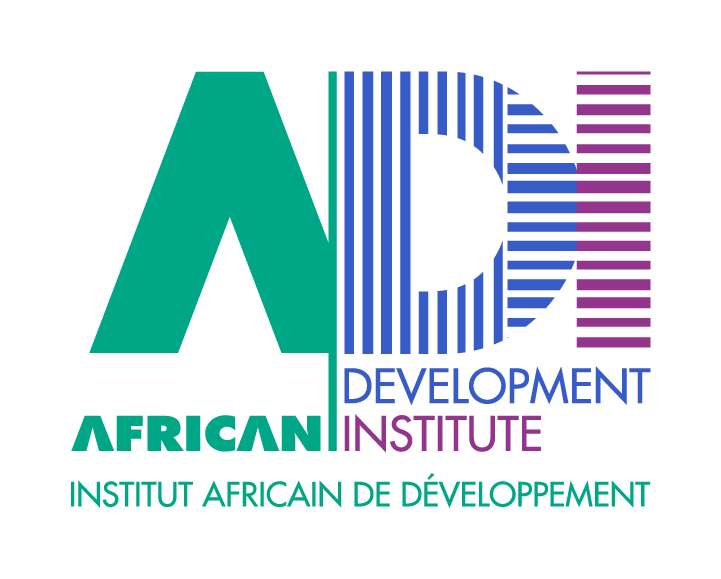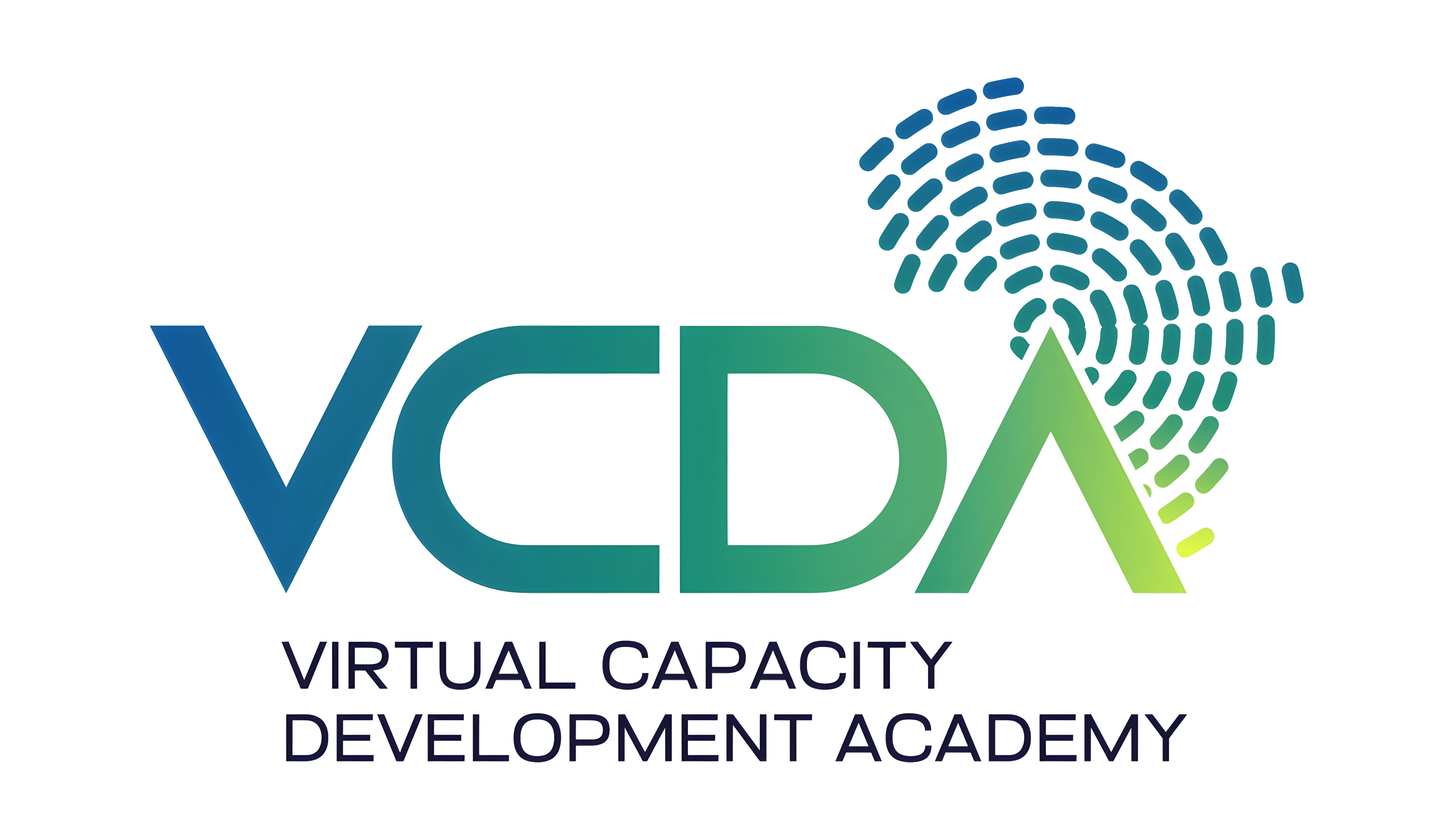The Covid-19 has exacerbated African countries’ challenges in financing the 2030 sustainable development goals (SDGs), the 2015 Paris Climate Agreement, Africa’s Agenda 2063, as well as national development goals across the continent. It has impacted Africa’s macro-economic outlook, fiscal positions, debt vulnerabilities, lives and livelihoods, and financial flows in fundamental ways, reversing decades of progress on the continent. Africa’s GDP contracted by 2.1 percent in 2020. About 30 million Africans were pushed into extreme poverty in 2020, with about 39 million people expected to fall into extreme poverty in 2022. The pandemic has also exacerbated pre-existing public finance challenges in Africa. Fiscal revenues have declined by about 10-15 percent, while government expenditure edged up due to health-related spending, resulting in doubling of fiscal deficits to a historical high of 7.2 percent of Gross Domestic Product (GDP). As African countries already have very limited fiscal space, including large borrowing to fight the COVID-19 pandemic, the situation was further worsened by the plummeting prices of commodities, which most African countries depend on for fiscal revenues and foreign exchange earnings. Public debt has ballooned to $546 billion - about one-quarter of Africa’s GDP and higher than Africa’s annual government revenues, adding about 10 percentage points to Africa’s debt burden. Read More
Attachments
Countries
Algeria
Angola
Botswana
Burkina Faso
Burundi
Cameroon
Cape Verde
Chad
Comoros
Congo - Kinshasa
Congo - Brazzaville
Egypt
Equatorial Guinea
Eritrea
Ethiopia
Gabon
Gambia
Greece
Kenya
Lesotho
Liberia
Libya
Madagascar
Malawi
Mali
Mauritania
Mauritius
Morocco
Mozambique
Namibia
Niger
Senegal
Seychelles
Sierra Leone
Somalia
South Africa
South Sudan
South Sudan
Sudan
Tanzania
Togo
Uganda
Western Sahara
Zambia
Zimbabwe


